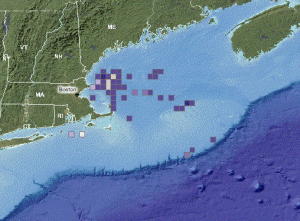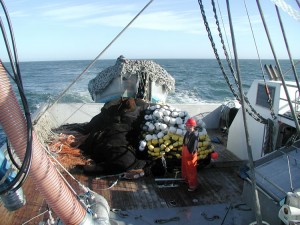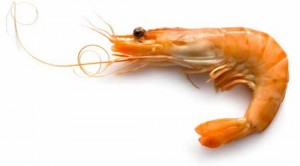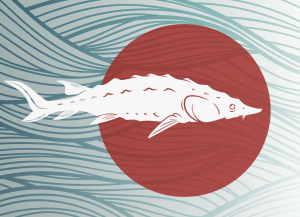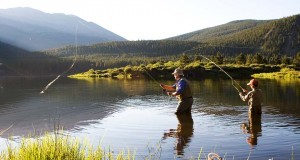


Sostenibilidad de pesquerías recreativas de agua dulce en un ambiente cambiante
Aprendiendo manejo y manejando el aprendizaje: sostenibilidad de pesquerías recreativas de agua dulce en un ambiente cambiante RESUMEN: Los cuerpos de agua dulce están siendo


